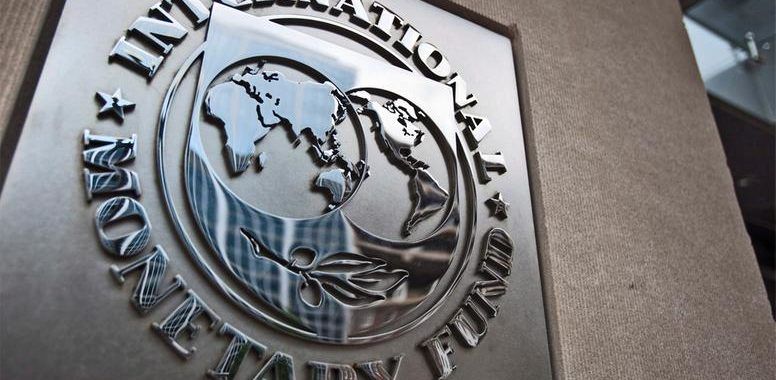The International Monetary Fund (IMF) has delivered a revised economic outlook for Nigeria, projecting a slower growth trajectory than previously anticipated. In its April 2025 World Economic Outlook report, the IMF downgraded Nigeria’s real GDP growth forecast for 2025 to 3.0%, a 0.2 percentage point reduction from its earlier projection of 3.2%. This downward revision is primarily attributed to the anticipated decline in global oil prices, a crucial factor impacting Nigeria’s fiscal and external balances. Given the country’s heavy reliance on oil exports for foreign exchange earnings and government revenue, the IMF anticipates a further deceleration in growth to 2.7% in 2026. This adjustment reflects a broader trend across Sub-Saharan Africa, where growth is expected to dip slightly from 4% in 2024 to 3.8% in 2025, before recovering modestly to 4.2% in 2026. The IMF’s report highlights the vulnerability of oil-dependent economies like Nigeria to fluctuations in global commodity prices.
The IMF’s downward revision of Nigeria’s growth forecast underscores the challenges posed by the country’s dependence on oil revenues. While Nigeria currently maintains a current account surplus, the IMF projects a weakening of its external position in the coming years. The current account balance, estimated at 9.1% of GDP in 2024, is projected to shrink to 6.9% in 2025 and further to 5.2% in 2026. This contraction reflects the anticipated impact of lower oil prices on export earnings. Despite reporting a balance of payments surplus of $6.83 billion in 2024, largely driven by a robust goods trade surplus, the IMF’s projections suggest that this positive trend may not be sustainable. The vulnerability of Nigeria’s external position to oil price fluctuations raises concerns about the country’s long-term economic stability.
The IMF’s assessment contrasts somewhat with other financial institutions’ perspectives. JP Morgan, for instance, has warned of a potential slide into a current account deficit for Nigeria if oil prices remain below the fiscal breakeven point of $60 per barrel. However, Fitch Ratings offers a more optimistic view, projecting an average current account surplus of 3.3% of GDP between 2025 and 2026, supported by anticipated improvements in refining capacity and ongoing reforms within the energy sector. These differing perspectives highlight the complex interplay of factors influencing Nigeria’s economic outlook.
The IMF’s report also addresses the persistent challenge of inflation in Nigeria. While headline inflation is projected to average 26.5% in 2025, a decrease from 33.2% in 2024, the IMF forecasts a significant resurgence to 37.0% in 2026. This volatile inflation trajectory follows the rebasing of the Consumer Price Index in January 2025, which initially showed easing inflation but was followed by renewed upward pressure on consumer prices in subsequent months. The Central Bank of Nigeria’s decision to maintain its Monetary Policy Rate at 27.5% in February reflects a tight monetary stance aimed at curbing inflation. However, the projected surge in inflation in 2026 suggests that further monetary policy adjustments may be necessary.
Beyond macroeconomic indicators, the IMF’s report also sheds light on the challenges facing ordinary Nigerians. Real output per capita, a measure of living standards, is projected to grow by a meager 0.6% in 2025 and 0.3% in 2026. This sluggish growth, below the Sub-Saharan African average, indicates that the benefits of economic expansion are not effectively translating into improved living standards for the population. The limited growth in real output per capita underscores the need for policies that promote inclusive growth and address income inequality.
In conclusion, the IMF’s revised outlook for Nigeria paints a picture of an economy grappling with the vulnerability of its oil dependence and persistent inflationary pressures. While the country maintains a current account surplus for now, the projected decline in this surplus, coupled with the anticipated resurgence of inflation, raises concerns about the country’s medium-term economic stability. Furthermore, the weak growth in real output per capita highlights the challenges in translating economic growth into tangible improvements in the living standards of Nigerians. This complex economic landscape requires careful policy navigation to mitigate risks and promote sustainable and inclusive growth.


